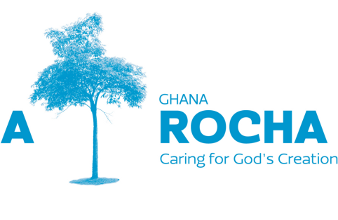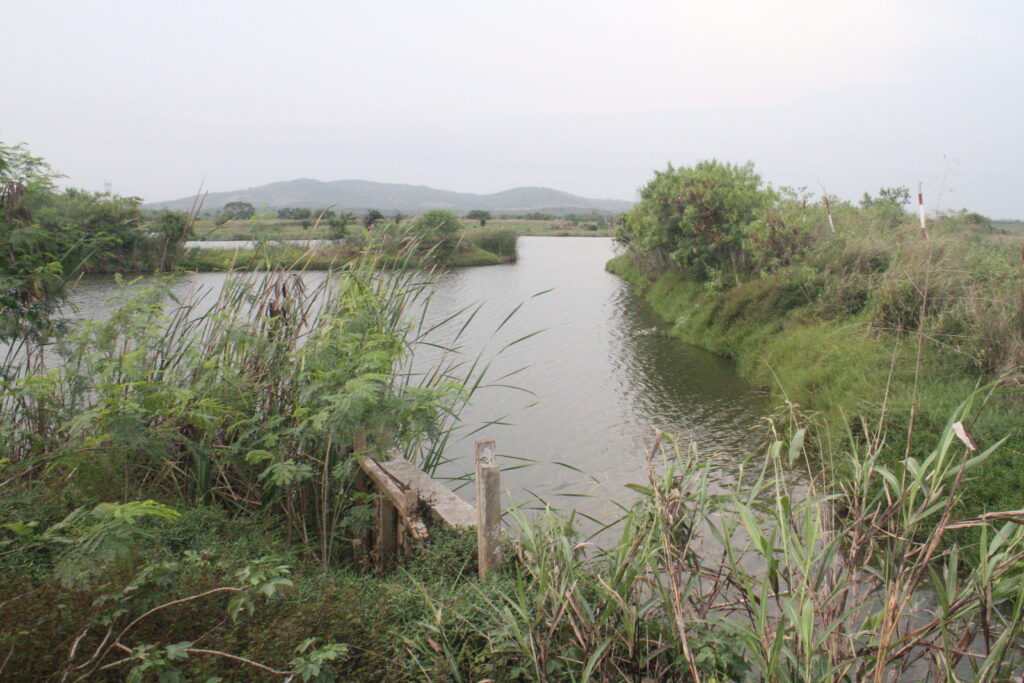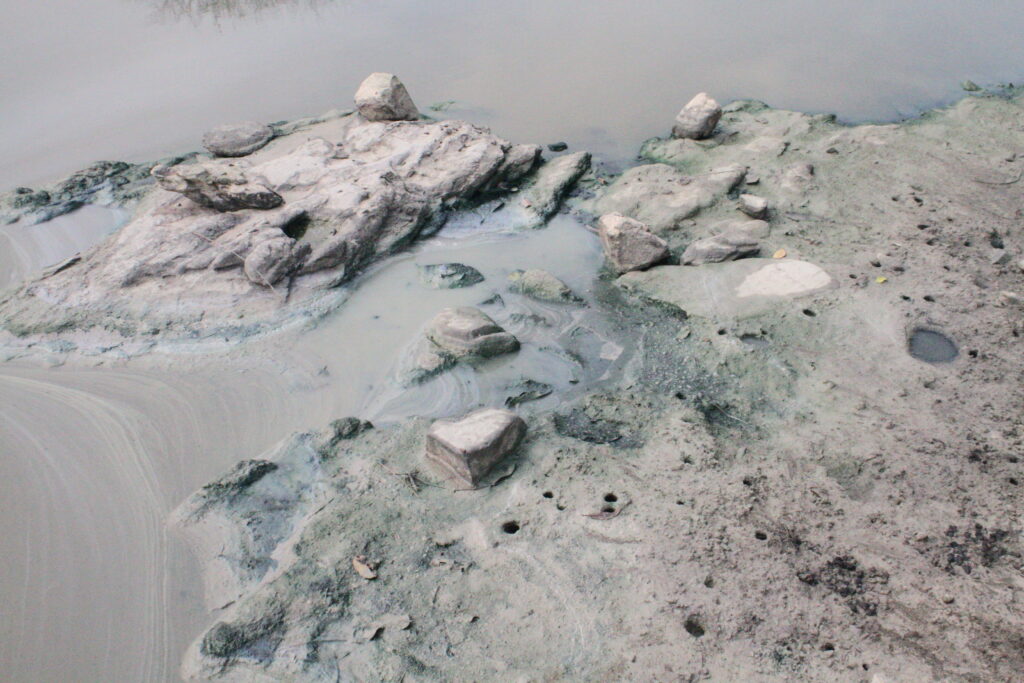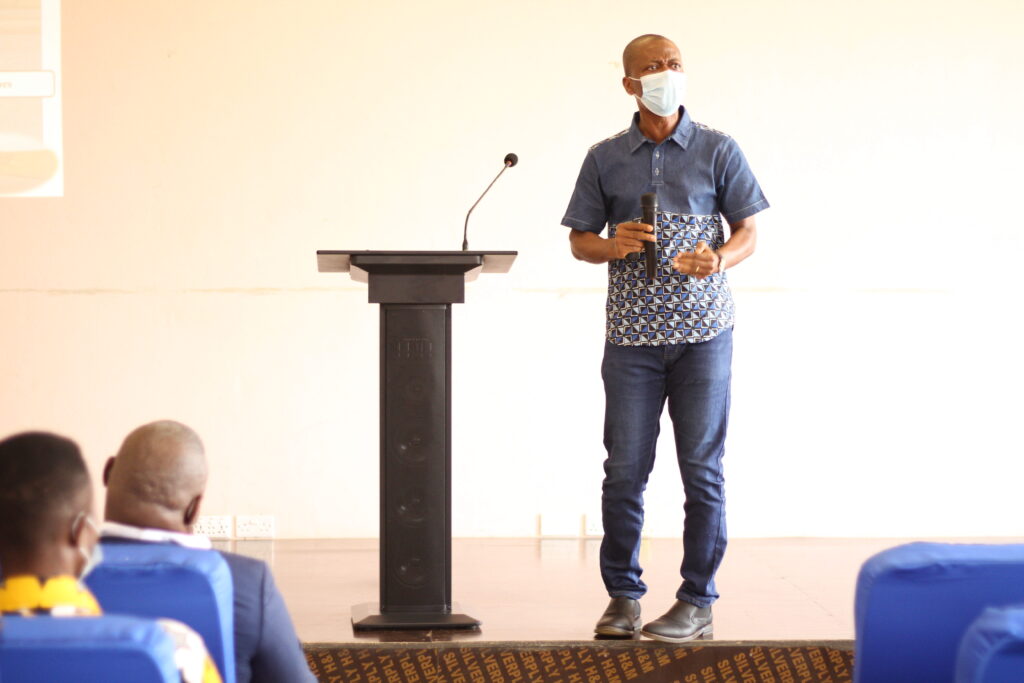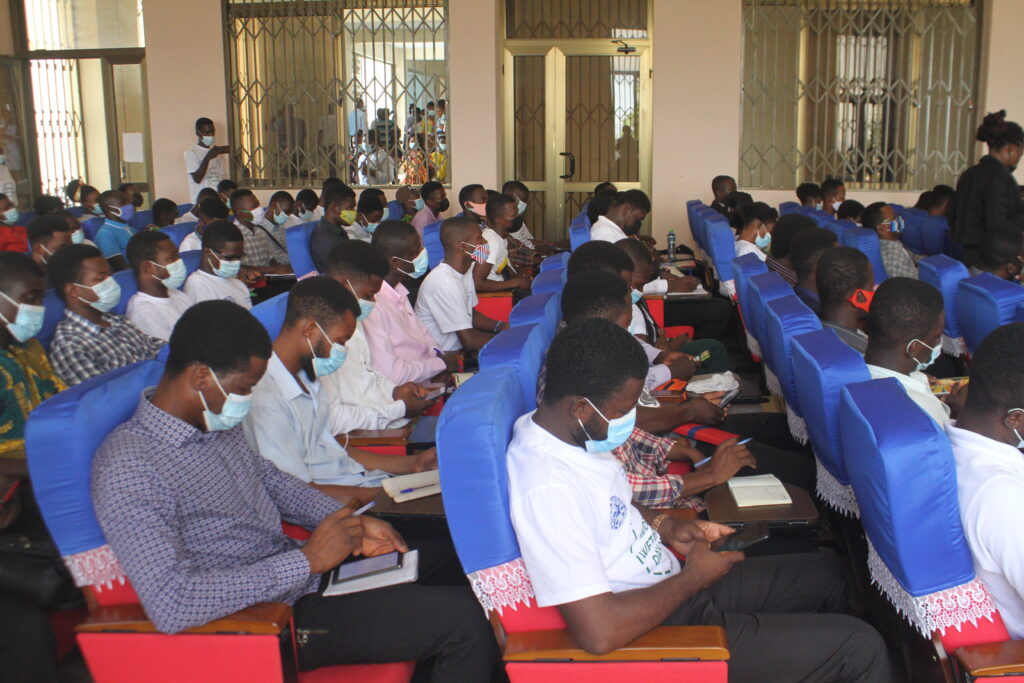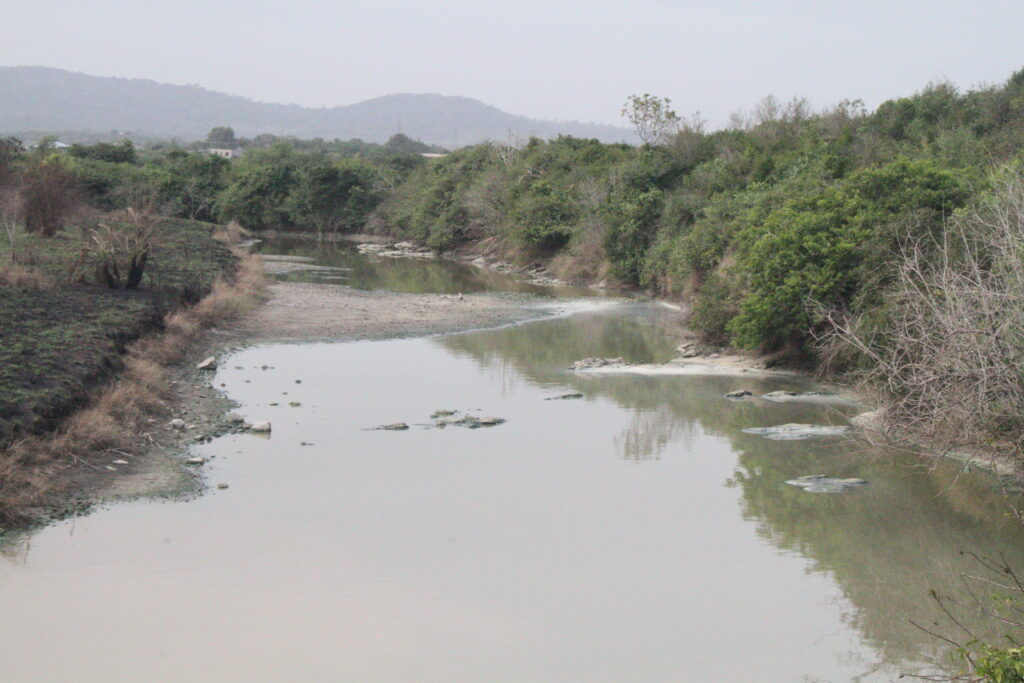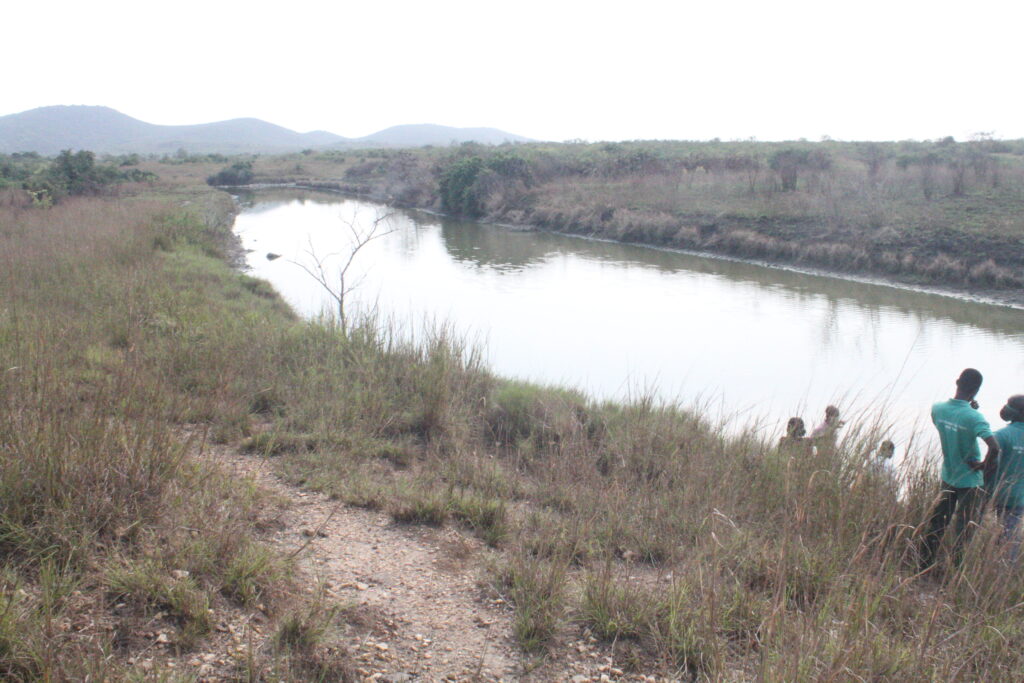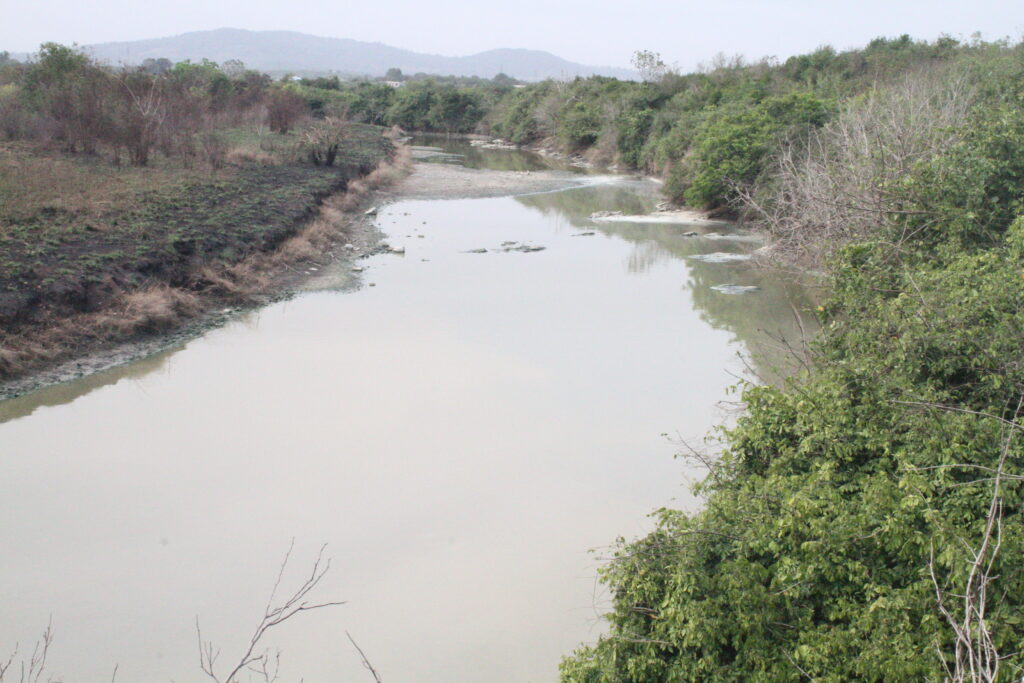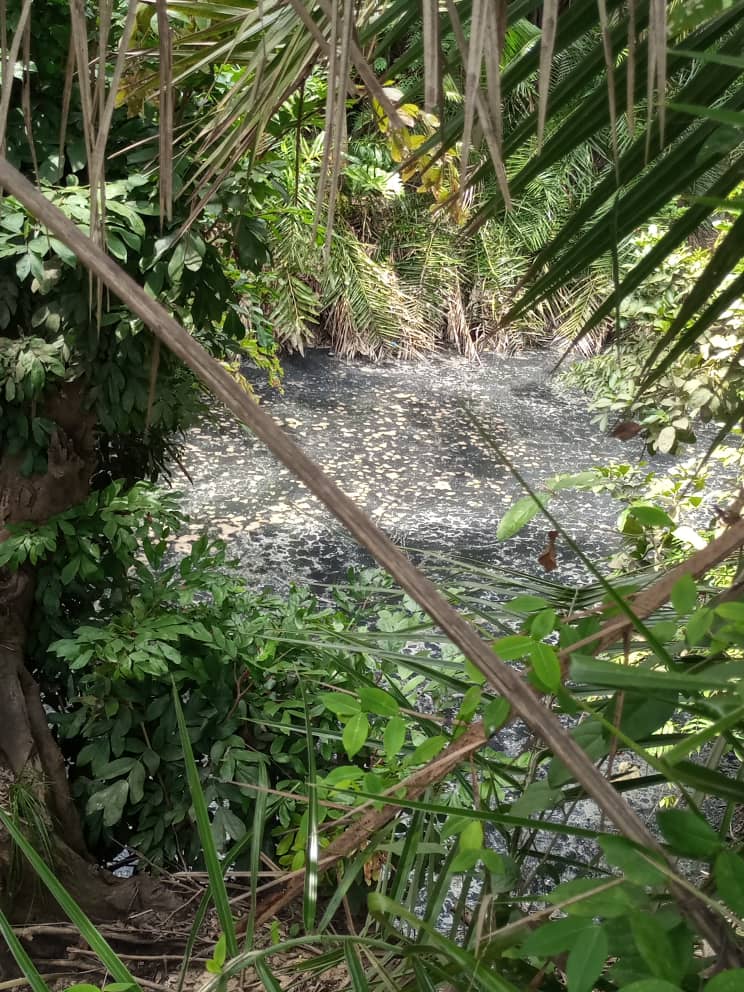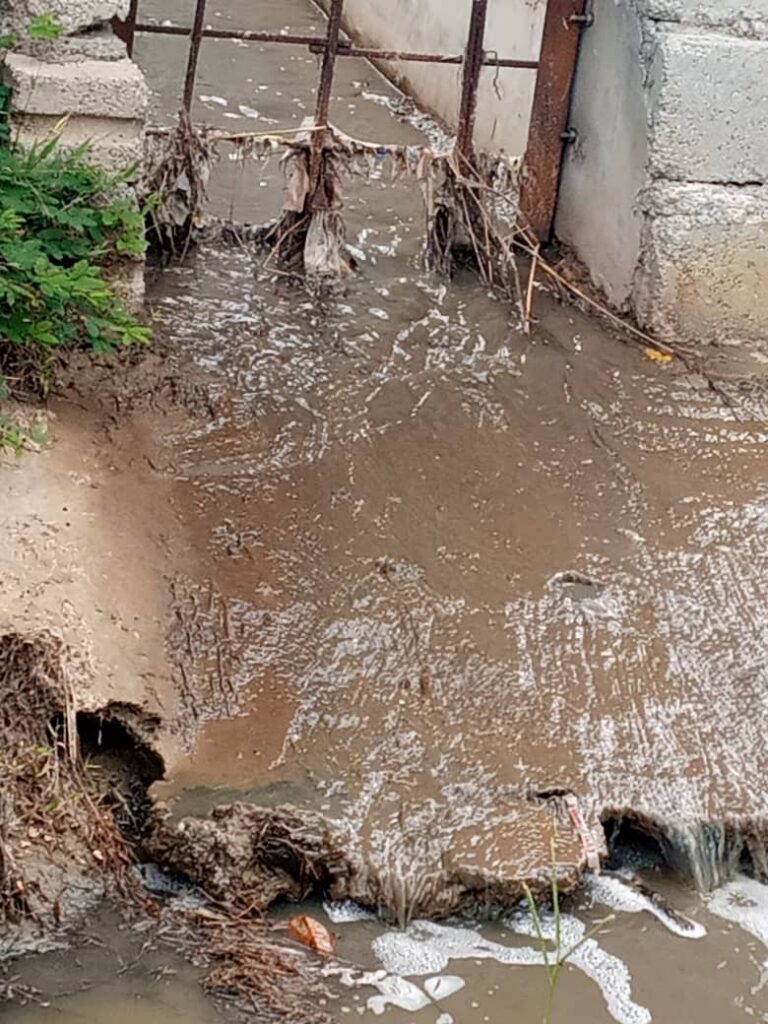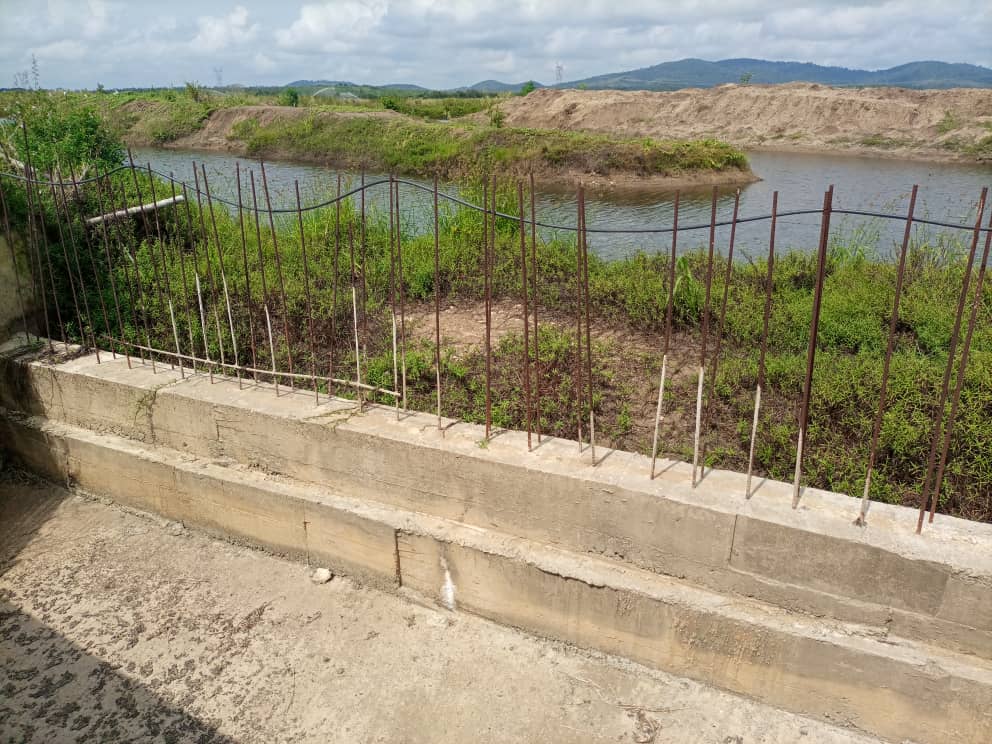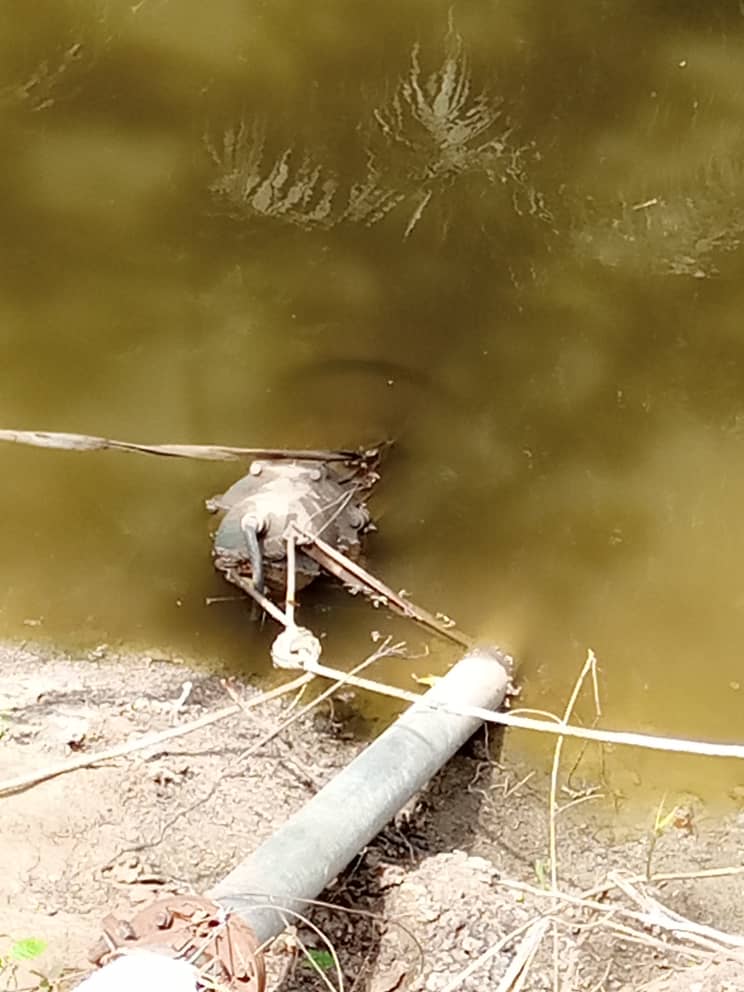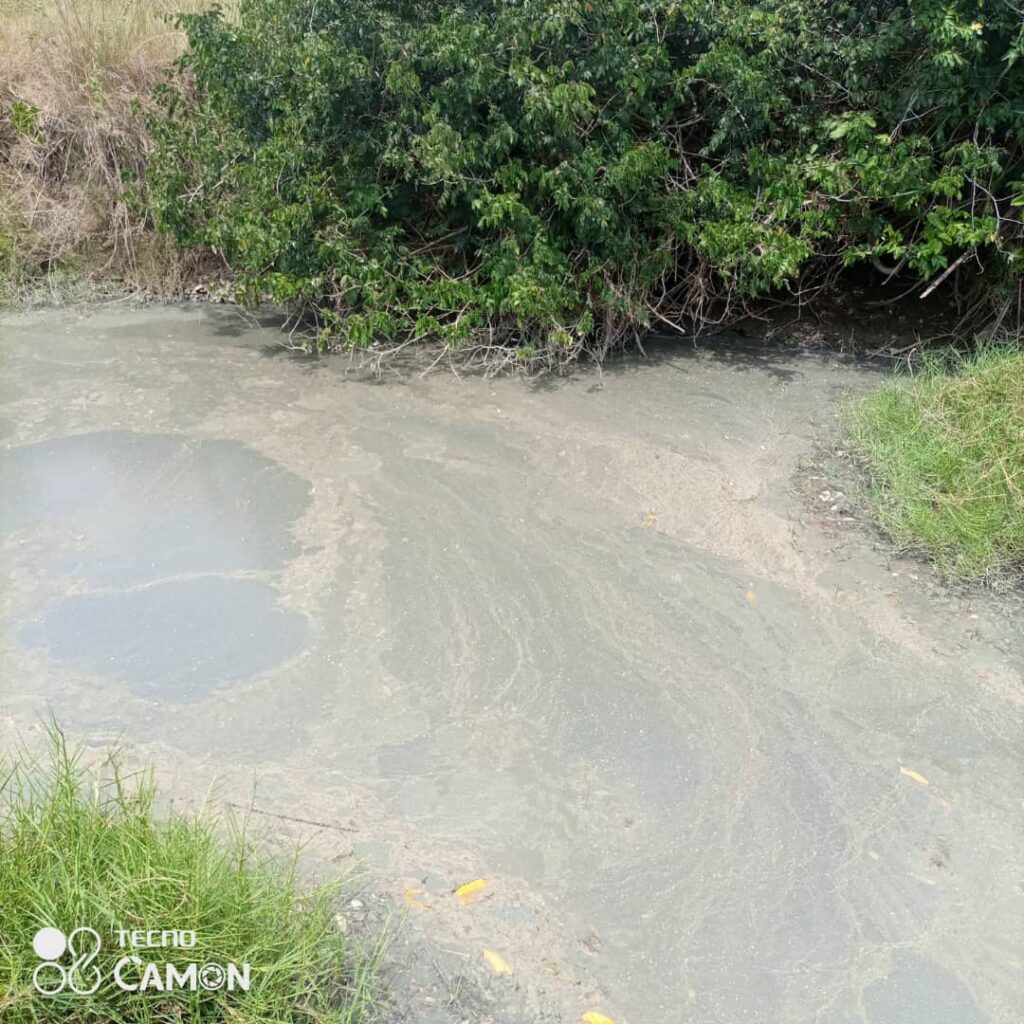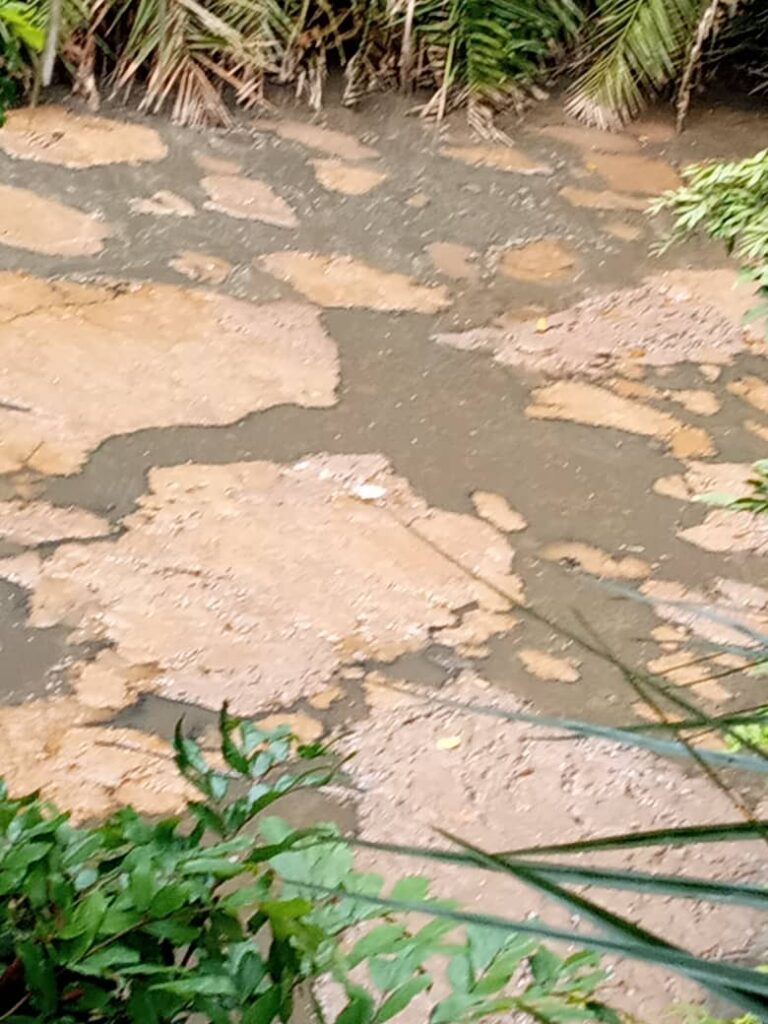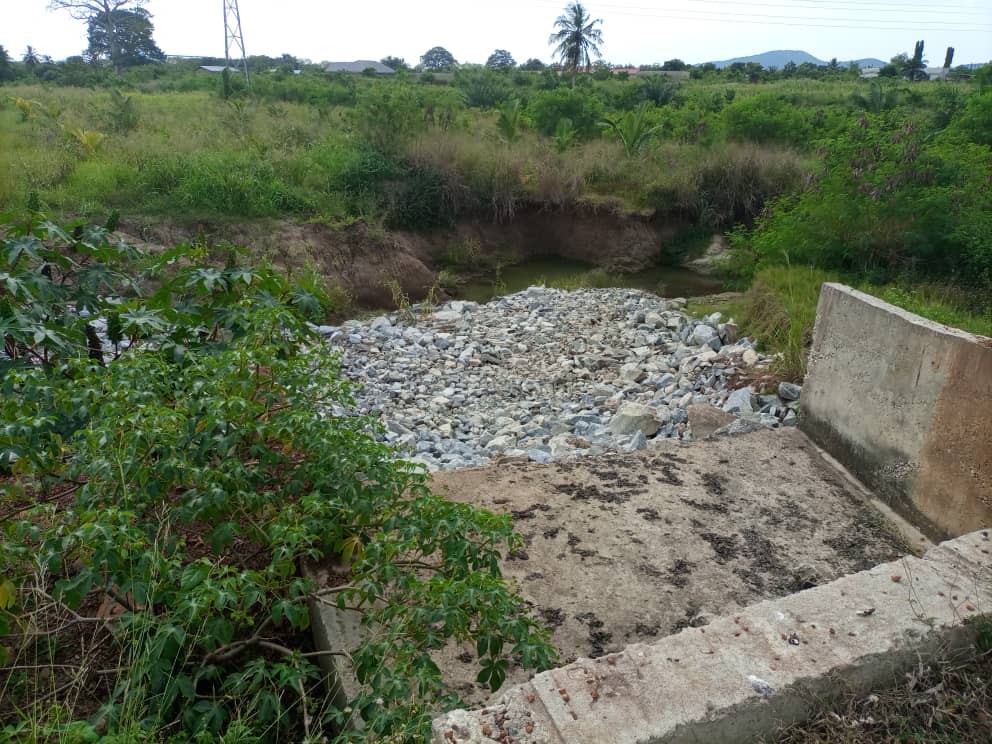Muni-Pomadze Ramsar Site Under Threat…as biodiversity declines
The Muni-Pomadze Ramsar site, one of Ghana’s five designated coastal wetlands is endangered and may soon be referred to as a wasteland if nothing is done to salvage it from the threats it faces.
On a good day, this Ramsar site brims with aquatic live—both flora and fauna as it is serves as a migratory route for over 23,000 water and also a nesting site for three endangered marine turtles.
Over the years, A Rocha Ghana has worked with communities around the Ramsar site to promote conservation and sustainable use of these mangrove resources.
However, recent disturbing complaints from indigenes about the loss of biodiversity has necessitated the need for a thorough check which revealed a threat of both encroachment and pollution of the Pratu river—the river that feeds the wetlands.
According to Mrs. Vivian Aryee Addo, Site Manageress at the Muni-pomadze Ramsar Site, encroachment is a major issue troubling and threatening the survival of the site. Farming activities along the banks of the Pratu river, Grazing, as well as infrastructural development are evident in the catchment.
Another threat to the site according to authorities is the building of dams by commercial businesses to facilitate farming in the area.
The Pratu river is wrongfully obstructed so water does not move to the other side of river channel (natural flow and ecological role is cut short). The other side of the dam has quickly dried up and the drying continues to the midstream and towards the downstream.
A visit to the site shows that no aquatic life is thriving and certain plant forms around the river bank are gradually dying while the area’s natural coastal savannah is gradually turning into Bush-velds.
Call for more protection
Indigenes around the Muni-Pomadze Ramsar site want the wetlands to be restored to its natural glory. They are therefore calling on stakeholders to ensure the sustainable management of the site.
Speaking at the maiden edition of the Ghana Wetlands Sustainability Conference held at University of Education-Winneba on February 16, 2021, the Programmes Manager for A Rocha Ghana, Mr. Prosper Antwi said, the current destruction on wetlands can be reversed through a collective responsibility ranging from government to individuals.
“Some of the ways to reverse the trend include the situation where policymakers are required to effectively implement policies regarding wetlands conservation, harmonizing institutions to implement the policies and also integrating the wetlands issues into the national land-use planning, restoration of degraded wetlands, education and developing financing sources for wetlands conservation”, he advised.
Wetlands are essential
Delivering a keynote address, Mr. Joseph Tsagli, from the Environmental Protection Agency threw his spotlight on the theme of the conference— “Wetlands and Water-Inseparable Vitals of Life”.
According to Mr. Tsagli, “Wetlands are very important to mankind and that is the more reason why its management should be of the most concern to humanity.”
He said, “The interactions among the components of wetlands, thus, the soil, water, nutrients as well as plants and animals allow the wetlands to perform certain ecological and natural functions and also generate products that are of socioeconomic importance.”
“Wetlands help in the prevention of floods and erosion; maintenance of the water table purifies water and also helps in micro-climate stabilization among others,” he added.
About the Ghana Wetlands Sustainability Conference
The Ghana Wetlands Sustainability Conference’ is a youth-focused engagement on wetlands geared towards promoting student participation in the Ramsar Convention and SDG 15.
The program is one of four main agenda encapsulated in the ‘Wetlands for Future Generation Campaign Project’ which is initiated to annually commemorate World Wetlands Day in Ghana, beginning from the year 2021.
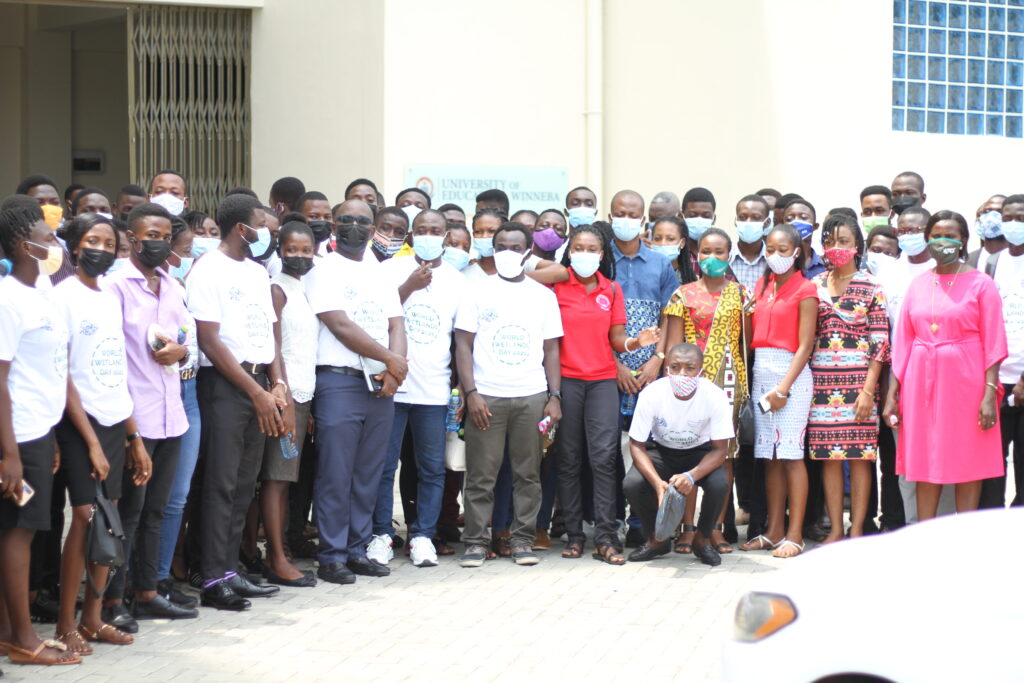 The campus bases programme seeks to create mass awareness on the sustainable use of wetlands.
The campus bases programme seeks to create mass awareness on the sustainable use of wetlands.
The event therefore mobilized environmental-related stakeholders and student associations to educate and sensitize them on how they can contribute to wetlands conservation and restoration of Ramsar sites in Ghana. The conference also provided the platform for presenting scholarly research papers, reports, and innovations on wetland s in the country.
Partners who joined forces with Youth Legacy Ghana, include; the Department of Geography Education-UEW; A Rocha Ghana, Environmental Protection Agency (EPA), Wildlife Division of the Forestry Commission Ghana and Geography Students Association-UEW.
